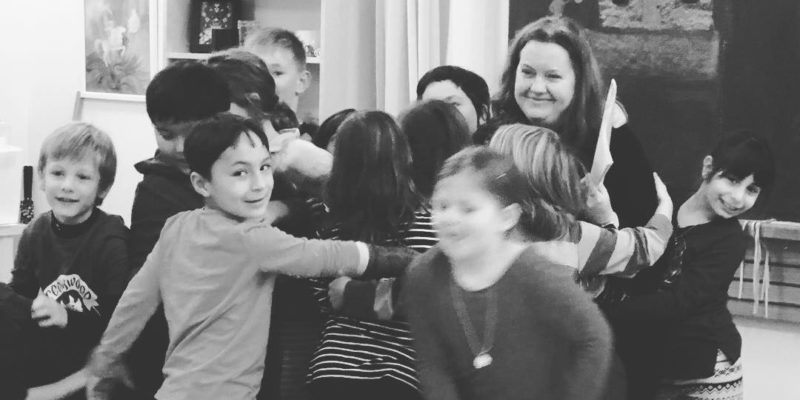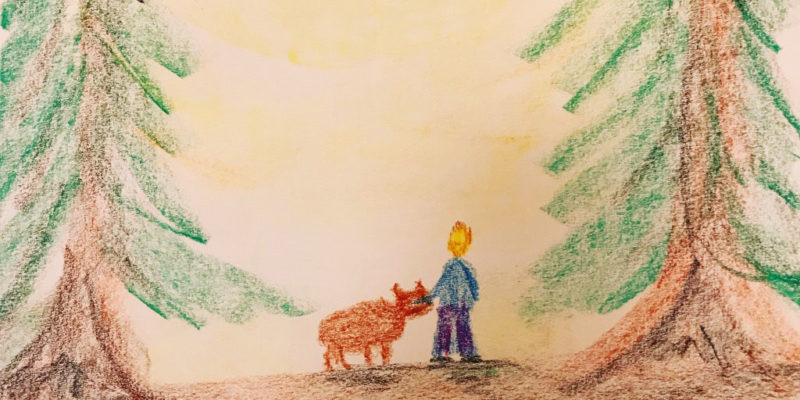In this episode I address two questions that came to me from the A Waldorf Journey Teacher Tribe Facebook Group. If you’d like to become a member, head on over and send a request and I’ll approve you quick as a wink. (I’m pretty careful about spam, though, so if your profile isn’t clear that you’re an honest-to-goodness hopeful member, send me a message through FB.)
The other thing I mention in this podcast is Patreon. Please take a look A Waldorf Journey on Patreon and consider supporting the podcast with a donation. I just love this platform that allows content consumers to support creators with cash donations. Your cash donation will help pay the hosting fees that come along with creating a podcast like this. You can make one time or per episode donations. Every little bit is appreciated.
Student Absences
This is a topic near and dear to my heart. I talk a lot about my philosophy of how to manage student absences, what teachers should be responsible for and how to communicate with parents about it. My basic idea: Waldorf Education is a living, breathing thing that cannot be recreated for absent students. Most often I find that it is just best to let work go, rather than try to help absent students catch up.
I’d love to hear your thoughts about it, though, so share your ideas in the comments below or on the Facebook group.
Pre-Teen Struggles
Sort of a two-part question — I talk about how to cultivate an attitude in yourself that can help you through those challenging, adolescent-attitude moments with your students, and I also talk about how to guide students through struggles that they might have with one another.
Two pieces of advice:
- Be ready to resolved struggles, especially after recess.
- Give students a formulaic script to begin difficult conversations and guide them through step-by-step. Starting with a respectful script can get the conversation off on the right foot, even if they need to break from the script to really get at the heart of the matter.
Some resources I’ve used:
I Statements
The following script spent a few months at the top of our chalkboard in 4th grade.
I feel ______________ when _______________ because ______________. I would like ________________.
We found that just about any conversation could start out this way, but it took awhile for the students to get the hang of it. We did lots of interactive modeling and working through sample imaginary situations before using it to work through a real one. The format involves the other person first echoing what the person said and then making their own I statement.
A former colleague recommended this book to me and it is a fantastic one for helping students learn to manage their own conflicts.
Please take some time to leave a star rating or review in iTunes or drop me a note (meredith@awaldorfjourney.com) to let me know what you think of the podcast or if there are any topics you’d like to hear me talk about.




Leave a Reply